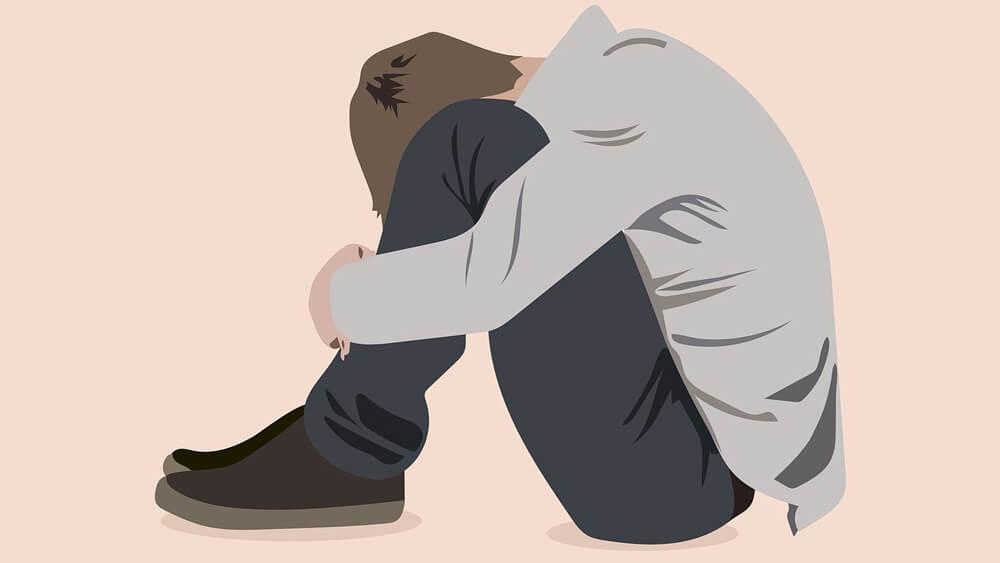Dealing with Abandonment

Abandonment is a deeply painful experience that can have lasting effects on an individual’s emotional and psychological well-being. Whether it stems from childhood neglect, the end of a significant relationship, or the sudden loss of a loved one, the feelings of rejection and loneliness can be overwhelming. However, understanding and addressing these feelings can lead to healing and personal growth. At Wounded Healer we explore various aspects of dealing with abandonment and offer practical strategies for coping and moving forward.
Understanding Abandonment
Abandonment can manifest in many forms. Childhood abandonment, for example, might occur when a parent or caregiver is physically or emotionally unavailable. This can lead to attachment issues, affecting how an individual forms relationships later in life. Romantic abandonment happens when a partner leaves or ends the relationship, often leaving the other person feeling betrayed and unworthy. Similarly, the loss of a loved one, through death or estrangement, can evoke deep feelings of abandonment.
The emotional response to abandonment often includes a mix of grief, anger, sadness, and fear. People might struggle with self-esteem and trust issues, questioning their worth and doubting the reliability of others. It’s essential to acknowledge that these feelings are valid and to understand that healing is a process that takes time and effort.
The Impact of Abandonment
The impact of abandonment can be far-reaching. Children who experience abandonment may develop attachment disorders, which can lead to difficulties in forming and maintaining relationships in adulthood. They may also struggle with self-esteem and a fear of further rejection.
In adults, the end of a significant relationship can trigger a cascade of negative emotions. These might include feelings of inadequacy, depression, and anxiety. The sudden loss of a partner or loved one can also lead to loneliness and a sense of being untethered.
Understanding the impact of abandonment is crucial for recognising its signs and seeking appropriate help. Emotional wounds left untreated can fester, leading to more severe mental health issues and a diminished quality of life.
Coping with Abandonment
- Acknowledging Your Feelings: The first step in dealing with abandonment is to acknowledge and accept your feelings. Denying or suppressing emotions can lead to additional stress and prolong the healing process. Allow yourself to feel the pain, sadness, anger, and grief. These emotions are a natural response to loss and are crucial for healing.
- Seeking Professional Help: Therapy can be incredibly beneficial for those dealing with abandonment. A therapist can provide a safe space to explore feelings, identify patterns, and develop coping strategies. Cognitive-behavioural therapy (CBT) is particularly effective in addressing negative thought patterns and building resilience.
- Building a Support System: Surrounding yourself with supportive friends and family members can provide comfort and stability. Sharing your feelings with trusted individuals can alleviate loneliness and help you feel understood. Support groups, both in-person and online, can also offer a sense of community and shared experience.
- Practising Self-Care: Engaging in self-care activities is vital for emotional and physical well-being. This might include regular exercise, maintaining a healthy diet, getting enough sleep, and engaging in hobbies or activities that bring joy and relaxation. Self-care helps to rebuild a sense of self-worth and normalcy.
- Developing Healthy Boundaries: Establishing boundaries in relationships is essential to protect yourself from further emotional harm. Learn to say no and to communicate your needs and limits clearly. Healthy boundaries help to foster mutual respect and trust in relationships.
- Reframing Negative Thoughts: Abandonment often leads to negative self-talk and feelings of unworthiness. Challenge these thoughts by reframing them positively. Instead of thinking, “I am not good enough,” try to replace it with, “I deserve love and respect.” Positive affirmations can help to shift your mindset and build self-esteem.
- Embracing Change: Accepting that change is a part of life can help to ease the fear of abandonment. Life is full of transitions, and while some of them are painful, they can also lead to personal growth and new opportunities. Embrace the possibility of a new beginning and focus on the positives that change can bring.
Moving Forward
Healing from abandonment is a process. It requires self-compassion, and a commitment to personal growth. Here are some additional strategies for moving forward:
- Reflect on Your Experiences: Take time to reflect on your past experiences with abandonment. Understanding the root causes of your feelings can provide insight and clarity. Journaling is an excellent tool for this, as it allows you to express your thoughts and emotions freely.
- Set Goals: Setting personal goals can provide a sense of direction and purpose. These goals can be related to your career, personal development, or relationships. Working towards something meaningful can boost your self-esteem and provide motivation.
- Develop New Interests: Engaging in new activities or learning new skills can be incredibly rewarding. It can help to distract from negative feelings and provide a sense of accomplishment. Consider taking up a new hobby, joining a club, or volunteering.
- Focus on Relationships: Building and nurturing healthy relationships is essential for overcoming feelings of abandonment. Invest time and effort in friendships and family relationships that are supportive and positive. Be open to meeting new people and forming new connections.
- Practice Mindfulness: Mindfulness techniques, such as meditation and deep-breathing exercises, can help to manage stress and anxiety. Being present in the moment can reduce negative thinking and promote a sense of calm and well-being.
- Celebrate Your Progress: Recognise and celebrate the progress you make, no matter how small. Healing from abandonment is not linear, and there will be setbacks. Acknowledge your efforts and be proud of the steps you take towards healing.
Dealing with abandonment is not straight forward, but it is possible to overcome the pain and build a fulfilling life. By acknowledging your feelings, seeking support, and practising self-care, you can begin to heal and regain a sense of self-worth. Remember that healing is a journey, and it’s okay to seek help along the way.
If you would like to discuss abandonment issues with a therapist, then contact us at Wounded Healer today.
